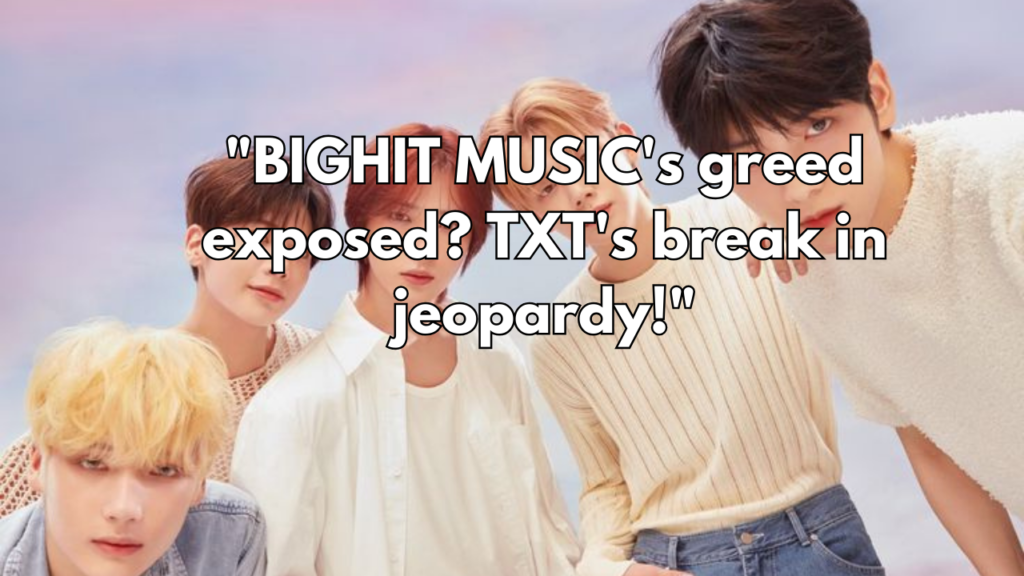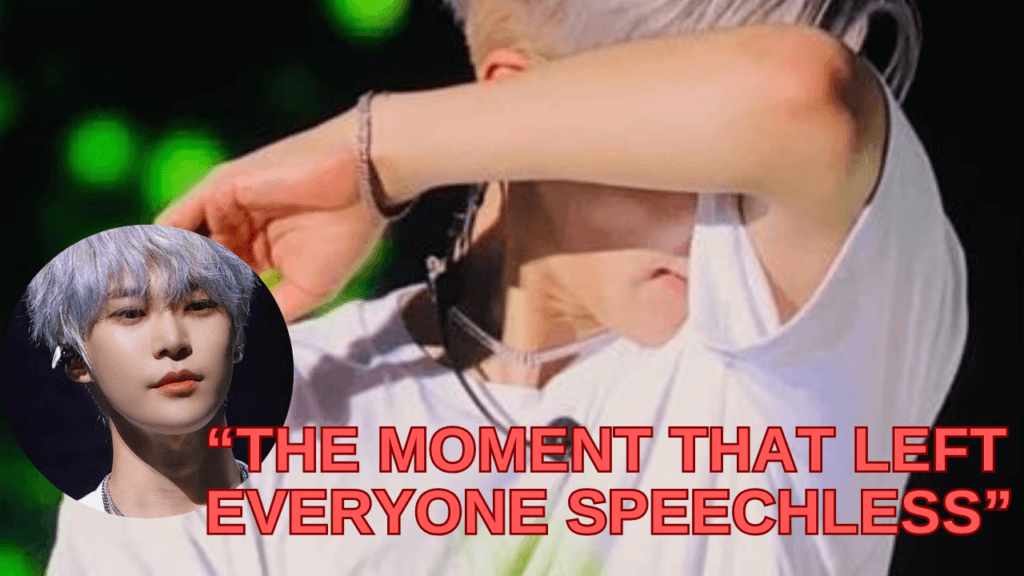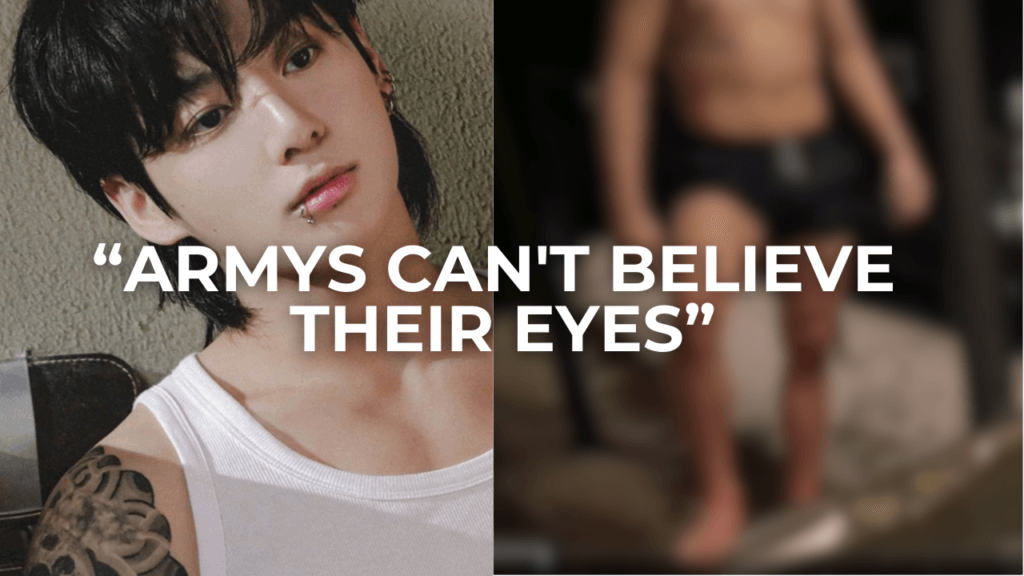Initial Revelations and Background
JYP Entertainment’s eating disorder culture has come under intense scrutiny following a shocking lawsuit filed by former VCHA member KG. The 17-year-old artist has revealed disturbing details about extreme diet restrictions and monitoring practices within the company. The lawsuit has exposed concerning practices where staff members allegedly restricted meals to small salads and sometimes denied food entirely.
The situation became even more alarming when it was revealed that hidden cameras were installed in dining areas to monitor members’ eating habits around the clock. This surveillance extended to the members’ dormitory kitchen, creating an atmosphere of constant food-related anxiety.
Historical Pattern of Extreme Diet Culture
The investigation into JYP Entertainment’s eating disorder culture has uncovered a troubling pattern spanning several years and affecting multiple artists. TWICE’s Momo’s experience stands as one of the most shocking examples, where she was forced to lose 7kg before debut, surviving only on ice cubes for a week.
Other artists have also shown concerning signs of disordered eating patterns. ITZY’s Chaeryeong openly expressed wanting appetite suppression pills, while her groupmate Yuna displayed worrying behaviors during their promotions. Stray Kids’ Felix mentioned needing to diet before concerts, highlighting how these practices have become normalized within the company.
The pressure to maintain extreme thinness has created a toxic environment where artists feel compelled to resort to dangerous methods to meet weight requirements. Former trainees have come forward with stories of being weighed daily and facing criticism if they gained even minimal weight.
Mental Health Crisis and Cover-ups
The impact of these practices on artists’ mental health has been severe. According to KG’s lawsuit, one VCHA member developed such a serious eating disorder that it led to a suicide attempt in February 2024. Instead of addressing the underlying issues, staff members allegedly dismissed eating disorders as “common” in the industry.
When the suicide attempt occurred, the company reportedly attempted to cover it up by claiming it was food poisoning. This incident highlights a disturbing pattern of prioritizing image over artists’ wellbeing. Mental health professionals have expressed concern about the long-term psychological damage such practices can cause, especially in young artists.
Industry-wide Implications and Legal Response
The lawsuit has broader implications for the K-pop industry as a whole. KG’s legal team is pursuing violations of California labor laws and child welfare regulations, potentially setting a precedent for future cases. The lawsuit seeks both monetary compensation and systemic changes to protect future artists.
Industry experts suggest that this case could lead to stricter regulations regarding diet and weight management practices in entertainment companies. Some advocates are calling for regular mental health check-ups and the establishment of clear guidelines regarding weight-related requirements.
The case has sparked a wider conversation about the need for industry-wide reform and better protection for young artists in the entertainment industry. Many fans and industry observers hope this will be a turning point in addressing the toxic diet culture prevalent in K-pop.
Exposing JYP Entertainment’s Eating Disorder Culture
The revelations from KG’s lawsuit have opened crucial conversations about harmful practices in K-pop. The industry’s focus on extreme thinness has created an environment where eating disorders are normalized and even encouraged.
What changes do you think are needed to protect young artists in the entertainment industry? Share your thoughts in the comments below.







